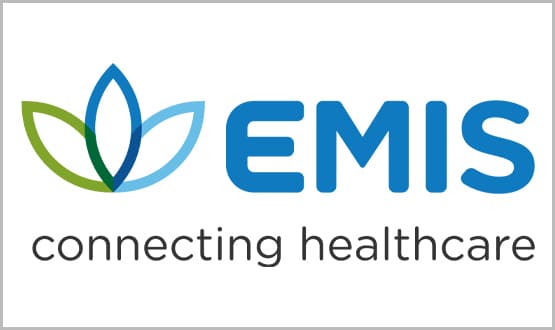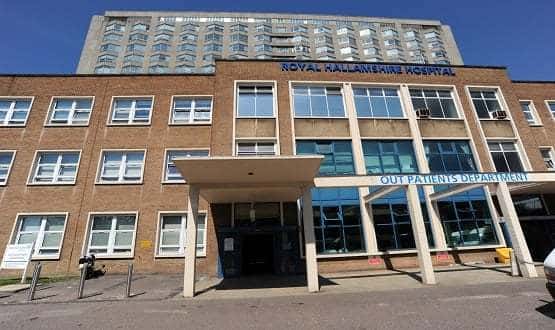Lumb queries LSP deal at Morecambe
- 10 November 2010
A Cumbria GP, who has led the development of primary care systems across the county, told eHealth Insider Live about his difficulty integrating with Lorenzo at University Hospitals of Morecambe Bay NHS Foundation Trust.
Dr William Lumb, IT lead for South Cumbria, said that although he had been able to develop a Community Information Network that had enabled GPs and community clinicians to share information, it had not been possible to extend it into the trust.
He said: “I do not know a lot about Lorenzo [the iSoft electronic patient record that CSC is deploying at Morecambe Bay as part of the National Programme for IT in the NHS].
"I am on the project board locally and I think it is getting better. But as a commissioner creating an electronic record in primary care, I want to see an electronic record in the hospital too. And I don’t.”
He described seeing patients flow through a hospital that is still paper-dependent. “I see consultants dictate their notes and wait for two weeks for them to be typed up.
"Then there is another two week wait for them to be sent to the GP, because in the meantime the consultant has gone on holiday.
“[Meanwhile] there is information in GP land that does not get into hospital and it’s a shame.”
He added: “Lorenzo is not providing what it said it would provide when it said it would provide it. We have PAS-plus, not an EPR.”
He said there was no technical reason why Lorenzo could not integrate with the primary care record, which is based on EMIS Web. “But there is neither the political nor the commercial will so to do.”
Dr Lumb repeated his concerns to Christine Connelly, NHS director general for informatics, asking her: “How are you going to resolve the issues of commercial negotiations around LSP contracts and interoperability. The two do not sit easily.”
Connelly acknowledged that this was a tough nut to crack. “It is not easy to evolve forward from where we are to where we want to be,” she said. “I know there is a history and that a lot of it is negative.”
However, she said she had been working with LSP providers and felt optimistic. “I think LSP providers really want to be able to deliver well into this,” she said.
She pointed out that LSP providers had been involved in interoperability toolkit pilots. “From things I have seen… I would say they are up for it and asking us how we want to do it.”
Read an interview with Dr William Lumb in opinion and analysis.




